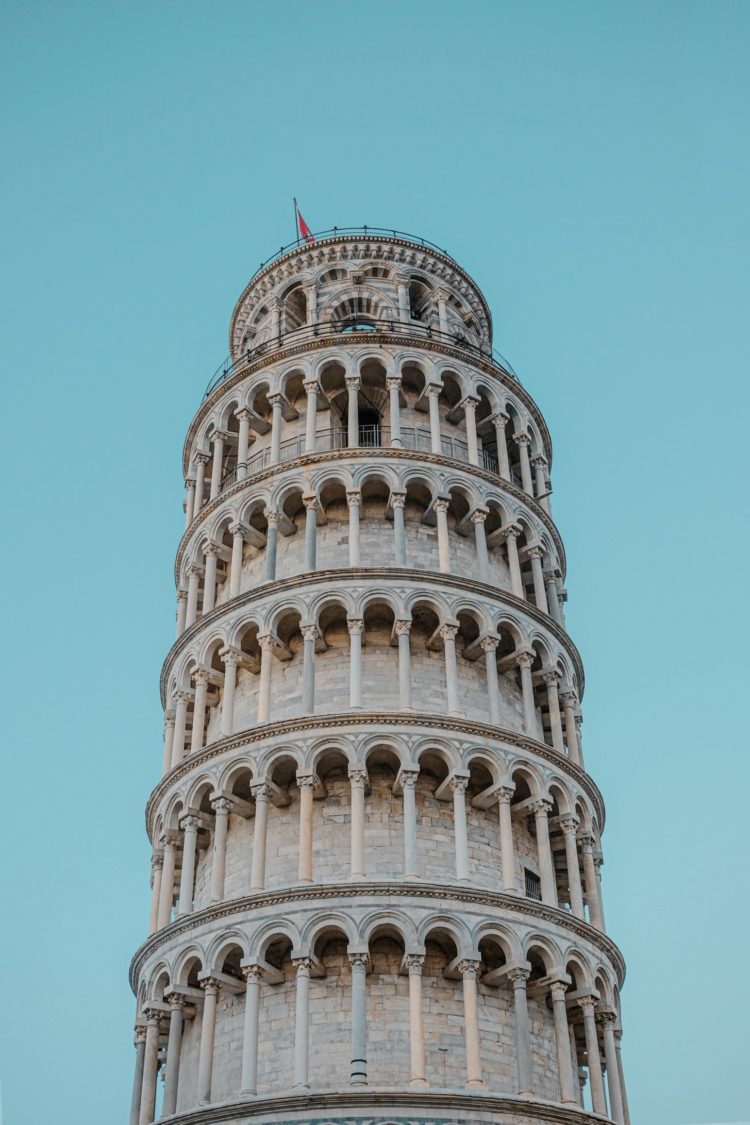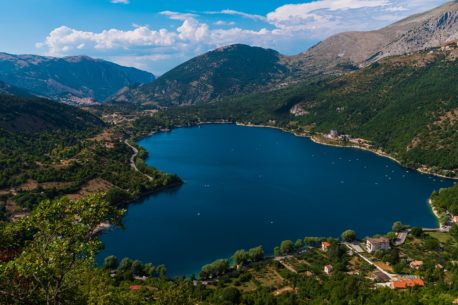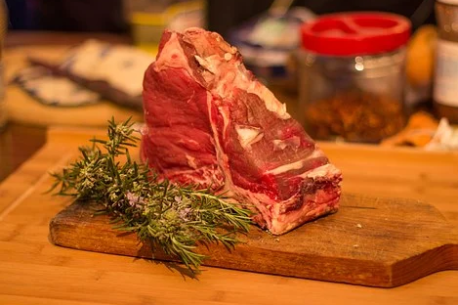
When we talk about Pisa we inevitably refer to its tower. This imposing leaning bell tower is just one of the many monuments the beautiful Tuscan city offers . Buildings, monuments and museums help to keep alive the memory of a past in which Pisa was a Maritime Republic. Furthermore, Pisa was the owner of the Mediterranean for a long time.
symbol of the city due to its characteristic slope. The Tower is the most famous monument in Piazza del Duomo . The slope of the tower is caused by a subsidence of the ground. This pechè composed of a particular sandy silt . The belfry houses seven bells, one for each musical note. That of San Ranieri, associated with the well-known King, was called “Justice” or the Traitor’s Bell because it rang every time a traitor was sentenced to death.
is another of the buildings that form the monumental complex of Piazza del Duomo (or Piazza dei Miracoli). Its construction, begun in 1153, is the work of the architect Diotisalvi. Witnessed by an inscription on an internal pillar . The outer dome covers only the inner circle of the pillars. Probably the lack of money was the reason why it is made up of different materials. In any case, the Baptistery of Pisa is the largest baptistery in Italy.
Piazza dei Cavalieri takes its name from the presence, commissioned by Grand Duke Cosimo I de ‘Medici, of the headquarters of the Order of the Knights of Santo Stefano. For centuries it has been the seat of civilian power . Today it is above all a cultural and study place with the presence of the Scuola Normale di Pisa. The latter is housed in the Palazzo della Carovana.
Borgo Stretto is one of the busiest streets in the city. The extension of Borgo Narrow is the elegant and wider Borgo Largo . Here there are buildings of medieval origin. The two “Borghi” constitute the main commercial artery of the city. On both courses there are shops, bars and various clubs. Italy is a land full of small and great wonders . A treasure chest to discover. Among the most beautiful cities of the boot, it is impossible not to mention Lucca. An illustrious history that mixes with legends, noteworthy artistic masterpieces and a fantastic geographical location. Lucca has always been a splendid and lively city of art.
it is the heart of the city of Lucca. It is defined as one of the most beautiful squares in Italy . The harmony of Piazza Anfiteatro is grasped by admiring it from the center and is largely due to the absence of large openings. Here access to the square, in fact, takes place through four small vaulted doors and this gives it the appearance of a “closed square “. The intersection point between the 4 doors is indicated by a ceramic tile in the center of the square.
As soon as one approaches this imposing and splendid Romanesque religious building , one is struck by the asymmetry of the facade. Not to mention the interior. Here it is possible to see the thousand masterpieces such as the statue of San Martino and the Povero, the Last Supper by Tintoretto and the statue of Ilaria del Carretto, the work of Jacopo della Quercia. (click here to discover a splendid tour)
it is the highest tower in Lucca . It can only be reached after having climbed the 207 steps of the original wooden staircase. The current clock was made in 1754 . Its mechanism is still today one of the most important working examples in the world. (at this link a fantastic way to discover this beautiful area)
it is an important and splendid garden. The latter extends over two hectares and was commissioned in 1820 by the Duchess Maria Luisa di Borbone. A long and prestigious history and an important present have made the Botanical Garden of Lucca a very rich nursery with hundreds of species inside . (click here to reveal a fantastic itinerary) You can admire the beauties just described, in our GO IN ITALY program – click here to discover it.


Known as the greenest region of Italy, Abruzzo is rich in scenic beauty and boasts three National Parks: the Abruzzo National Park, the Majella National Park and the Gran Sasso and Monti della Laga National Park. But not only that, here are also hidden history, culture, castles and medieval villages of rare beauty such as: Santo […]

Tuscan cuisine is based on simple but high quality ingredients . It is with the Etruscans that its gastronomic tradition originates. It then evolved significantly during the Renaissance. Tomato soup: like other dishes of the poor cuisine , one of the main ingredients is stale bread. Then combined with other simple ingredients such as tomato […]